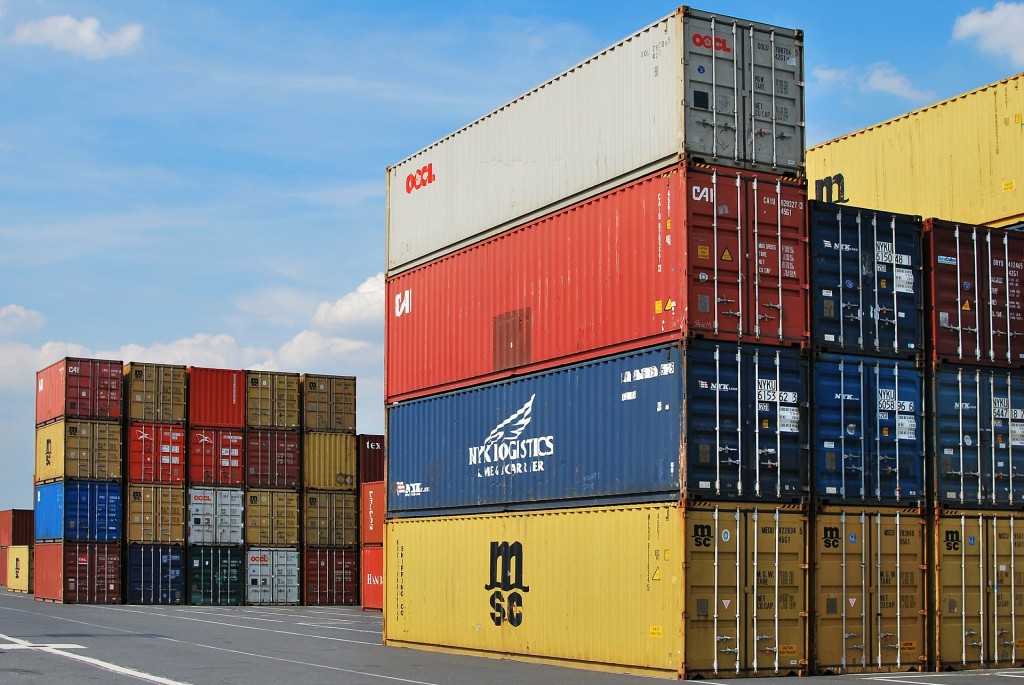Free Trade Agreement – friend or foe?
Over the last two decades we have witnessed a significant increase in the number of Free Trade Agreements (FTA) among various nations that may give the impression that the answer to the question posed is a simple “yes”. Surprisingly, depending on the state of your company, industry and country, the answers vary drastically ensuring that the debate will always be present – so let’s break it down. FTA’s have been put in place as a way to open up foreign markets for domestic exporters. The core purpose of these agreements has been the reduction of barriers to exporters and creating a more transparent trading and investment environment to not only benefit major corporations but also the trifling exporter.
There must be a reason as to why in 2014, 47 percent of U.S. exports went to 20 countries all part of 14 FTA’s with the U.S. This does not occur only in the U.S. but with most countries that partake in FTA’s. When countries come into an agreement, it is usually in hope of economic growth and offering further global access for domestic exporters. This leads to a more dynamic business climate as companies enter a global market. But are FTA’s friends? For starters, economic growth and transparent business climate coupled with the opportunities to gather knowledge from different competitive climates that may have expertise or technological advancements beyond your local market is a noteworthy advantage. Furthermore, practices learnt from foreign partners will allow local companies to prosper faster and more efficiently, eventually leading to economic growth and in turn creating more jobs domestically.
So let’s make more friends? Not so fast – let’s understand why we need to choose them wisely. By eliminating import tariffs and fees, the government takes in less revenue leading to less government spending locally that may help prosper an industry. Additionally, the reduction on tariffs allow for large foreign companies to expand and compete even more, which leads local companies to lower their labor force or outsource, creating a feeling of being crowded out. It is important for domestic companies to use FTA’s as a learning tool to create more efficient production methods, which in turn lead to an increase in technology.
So where does it leave the small exporter?
Selling product in bulk and accepting trade finance services may support a small exporter into becoming a global business but it is key to understand the importance an FTA may play for certain industries and its potential support in expanding a company. A lack of FTA’s may be beneficial to some industries, where businesses can become global empires by simply taking advantage of bulk shipments and trade finance services. This leads to the perception of whether an FTA is a friend or foe to vary depending on whom you ask. As with all friends though, choose them wisely, one bad apple could wreck the chemistry amongst your current group.


